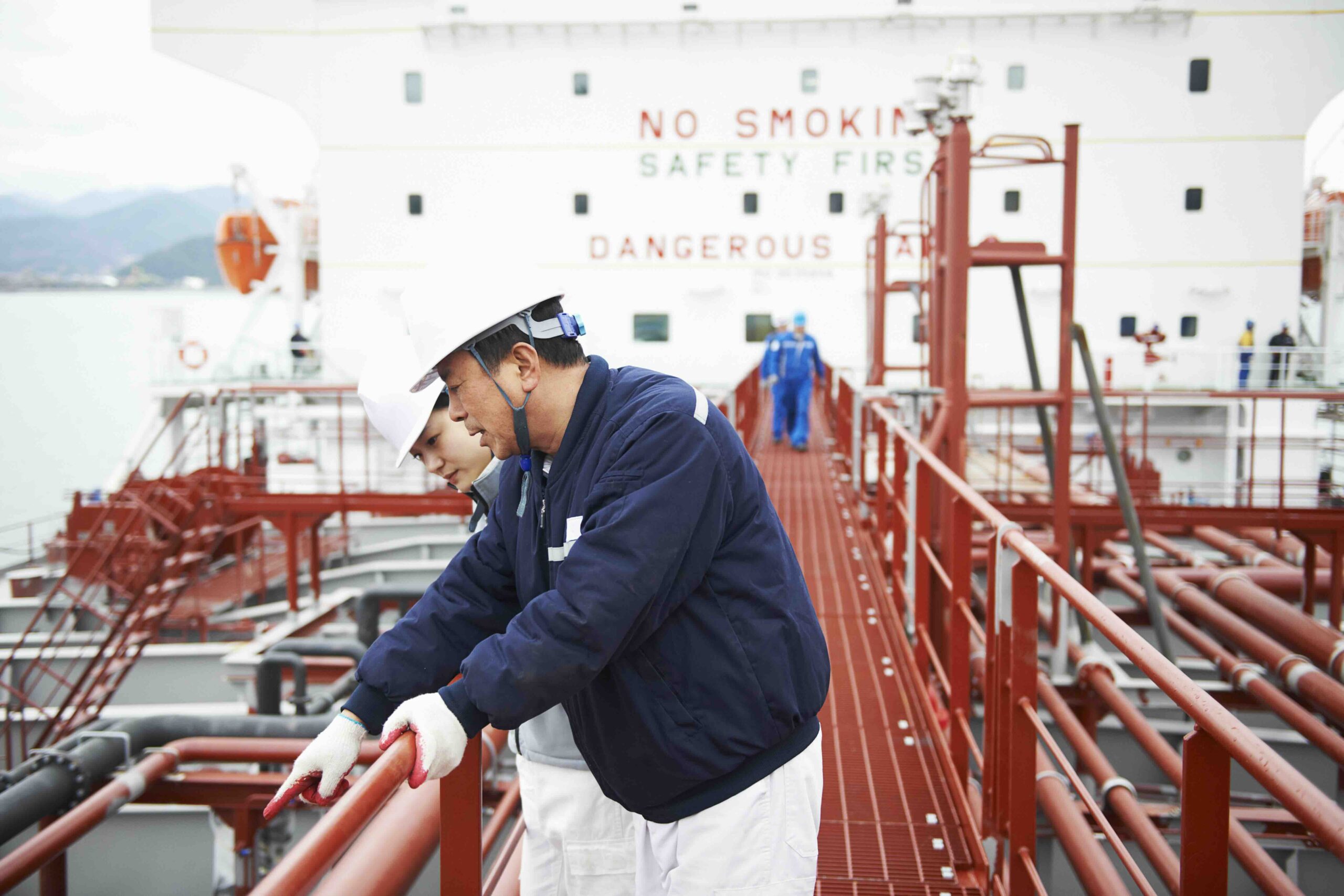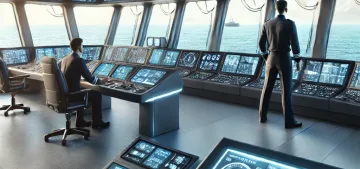The global maritime industry is the backbone of international trade, responsible for transporting goods and commodities across the world’s oceans. At the heart of this vital industry are seafarers, the dedicated professionals who operate and manage ships, ensuring the smooth and safe delivery of cargo. This blog explores the critical role of seafarers, their contributions, challenges, and the future prospects in the maritime sector.
Historical Significance of Seafarers
Seafarers have been integral to human civilization since the dawn of maritime exploration. From ancient explorers like Christopher Columbus to modern-day merchant mariners, seafarers have facilitated global trade, cultural exchanges, and the spread of knowledge. Their role has evolved with technological advancements, but their importance remains unchanged.
Seafarers’ Contributions to Global Trade
Seafarers are indispensable to international shipping, handling over 80% of the world’s trade by volume. They ensure the timely and efficient movement of goods, from raw materials to finished products, driving economic growth and development. Without seafarers, global supply chains would come to a standstill, impacting industries and consumers worldwide.
Key Responsibilities of Seafarers
Seafarers perform a range of essential tasks on board ships. Their primary responsibilities include navigation, ensuring the vessel follows the correct course; operations, managing the day-to-day functioning of the ship; maintenance, keeping equipment and systems in good working order; and safety, protecting the crew, cargo, and environment. Effective communication and coordination are also crucial for the success of their missions.
Challenges Faced by Seafarers
Despite their vital role, seafarers face numerous challenges. Long working hours and extended periods away from home can lead to isolation and mental health issues. Adverse weather conditions pose physical dangers, while the risk of piracy and other security threats adds to their stress. Ensuring the health and safety of seafarers is a continuous concern that requires comprehensive measures and support.
The Role of Manning Services in Supporting Seafarers
Manning services play a crucial role in recruiting, training, and supporting seafarers. They ensure that crew members are well-prepared for their duties, comply with international regulations, and receive the necessary support and welfare services. These services are essential for maintaining a skilled and motivated maritime workforce.
Technological Advancements in the Maritime Industry
The maritime industry is undergoing significant technological transformations. Automation, digitalization, and advanced communication tools are revolutionizing seafarers’ roles and responsibilities. While these advancements improve efficiency and safety, they also require continuous learning and adaptation from seafarers.
Future Prospects for Seafarers
The future of seafaring is promising, with emerging trends offering new opportunities for growth and development. Sustainable shipping practices, smart technologies, and increased focus on safety and welfare are shaping the maritime landscape. Seafarers who adapt to these changes will find rewarding careers in an evolving industry.
Conclusion
Seafarers are the lifeblood of the global maritime industry, ensuring the seamless flow of international trade. Their contributions, challenges, and the support they receive from manning services highlight the importance of this profession. As the maritime industry continues to evolve, the role of seafarers will remain crucial, driving progress and innovation on the high seas.







